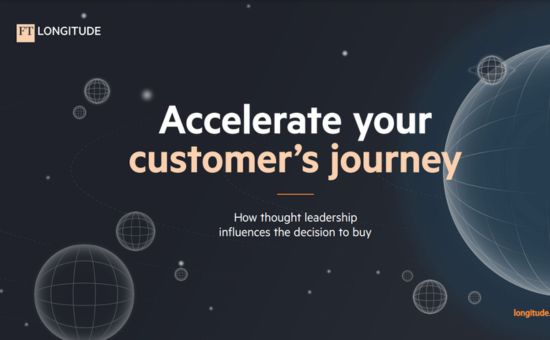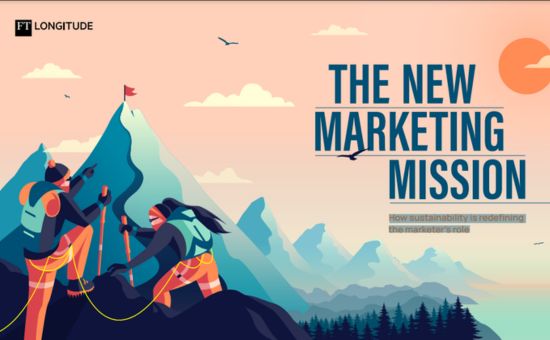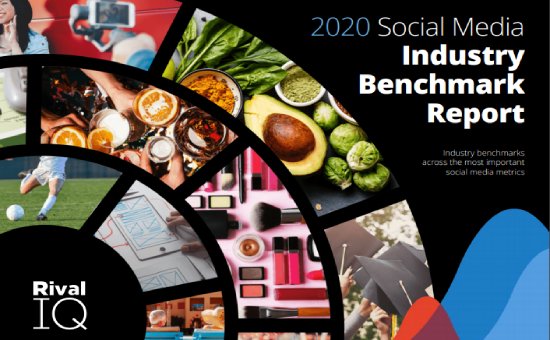Enterprise Marketers Leading With Strategy in 2024 | Content Marketing Institute
Digital Marketing
|
Warning: Undefined array key 0 in /home/dmc/public_html/wp-content/themes/DMC/single-report.php on line 21
Warning: Attempt to read property "name" on null in /home/dmc/public_html/wp-content/themes/DMC/single-report.php on line 21
In 2024, enterprise content marketers prioritize efficiency and outcomes. According to our survey of 333 enterprise marketers, key areas of focus include streamlining content creation processes, fostering collaboration, developing cohesive strategies, and establishing efficient workflows. They also emphasize personalized content journeys, SEO alignment, thought leadership, content repurposing, multimedia storytelling, video creation, and enhanced analytics for measuring performance and ROI.
AI use: Enterprise marketers lag in adoption
Generative AI tool adoption among enterprise marketers lags behind the broader B2B landscape, with only 58% utilizing such tools, 14 percentage points lower than the overall B2B average. Why the reluctance? A significant factor is corporate mandates, cited by 27% of enterprise marketers compared to 19% across all B2B sectors. Additionally, accuracy worries (37%), understanding gaps (24%), inadequate training (22%), and copyright apprehensions (21%) contribute to the hesitancy. Uncertainty affects 14%, while 24% cite various other reasons.

How do users of generative AI tools employ them? A larger proportion utilize these tools for brainstorming new topics (39%) and researching headlines and keywords (36%) compared to those using them for drafting content (31%). However, a smaller percentage indicate using AI for outlining assignments (17%), proofreading (12%), generating graphics (7%), and producing audio (4%) and video (4%).

Many respondents anticipate increased utilization of AI tools for content development but express apprehension regarding the proliferation of low-quality AI-generated content. One respondent emphasizes, “AI won’t create content but enhance it. Overuse and misuse may diminish authentic storytelling, making it rare yet more effective. Professionals will become adept at identifying AI writing patterns and discerning them.”
The use of generative AI remains largely experimental and unregulated. While many enterprises prohibit its use, only 36% of marketers indicate that their organization has guidelines for AI tool usage. This figure slightly surpasses the percentage among B2B marketers (31%). Over half of enterprise marketers (52%) report the absence of such guidelines (compared to 61% of B2B marketers), while 12% are uncertain.

Overall success and top performers
To distinguish top performers from the rest, we had enterprise marketers evaluate their content marketing achievements.
Twenty-nine percent view their organization’s content marketing as extremely or very successful. Another 56% perceive moderate success, while 15% feel minimally or not at all successful.
While we observed no significant difference in AI adoption between successful and less successful enterprise marketers, notable variations surfaced in other aspects.
Key factors highlighted by successful enterprise marketers include understanding their audience (76%) and aligning goals with organizational objectives (73%).
Moreover, top performers emphasize collaboration with other teams (62%) and their ability to accurately measure and demonstrate content performance (61%). A documented strategy (57%) and thought leadership (51%) also contributed to their elevated content marketing success levels.

High achievers:
- Benefit from leadership that comprehends their efforts (90% vs. 77% of all respondents).
- Integrate their strategy into the broader marketing/sales/communications plan (79% vs. 60% of all respondents).
- Experienced fewer layoffs in the past year (11% vs. 23% of all respondents).
- Plan to invest more in content management tech in 2024 (53% vs. 43% of all respondents).
- Believe their organization effectively measures content performance (78% vs. 39% of all respondents).
- Intend to boost paid advertising spend in 2024 (57% vs. 43% of all respondents).
- Successfully utilize content marketing to enhance brand awareness (92% vs. 82% of all respondents), nurture subscribers/audiences/leads (79% vs. 65% of all respondents), drive sales/revenue (74% vs. 56% of all respondents), foster loyalty with existing clients/customers (65% vs. 51% of all respondents), and expand a subscribed audience (43% vs. 33% of all respondents).

The study reveals discrepancies in content marketing challenges faced by high achievers compared to the overall respondents. For instance, 51% of top performers struggle with communication across organizational silos, whereas the figure stands at 62% for all enterprise respondents.
Aligning content efforts across sales and marketing presents a challenge for 57% of all respondents, yet only 45% of top performers encounter this hurdle. Moreover, 43% of top performers express resource limitations, contrasting with 61% of all enterprise respondents, indicating that increased resources can yield superior outcomes.
Furthermore:
- 37% of top performers find aligning content with the buyer journey challenging (compared to 49% of all respondents).
- 36% of top performers face difficulties with content repurposing (versus 51% of all respondents).
- 33% of top performers struggle with maintaining consistent content creation (versus 46% of all respondents).

Dive deeper into the comprehensive report for more valuable insights and actionable strategies to enhance your content marketing efforts. Continue reading now to stay ahead of the curve!
The Table of Contents of “Enterprise Marketers Leading With Strategy in 2024” Report :
- AI use
- Overall success and top performers
- Team structure
- Content marketing challenges
- Use of content types, distribution channels, and paid channels
- Social media use
- Content management and operations
- Measurement and goals
- Budgets and spending
- Methodology
Pricing:
- Free
Methodology
For the 14th annual content marketing survey, CMI and MarketingProfs surveyed 1,080 recipients around the globe representing a range of industries, functional areas, and company sizes in July 2023. The online survey was emailed to a sample of marketers using lists from CMI and MarketingProfs.
This article presents the findings from the 333 enterprise respondents, mostly from North America, who indicated that they are either content marketers or work in marketing, communications, or other roles involving content at organizations with at least 1,000 employees.
Of this group, 55% work at B2B brands, 26% at B2B/B2C companies, 7% at B2C businesses, 7% at public-sector organizations, and 5% at nonprofits.
They represent the tech industry (30%), health care/med/pharma/life sciences (14%), manufacturing (13%), banking/finance/insurance (11%), education (6%), professional services (6%), and other (20%).
Almost half (47%) work at enterprises with 1,000 to 4,999 employees, 16% operate at companies with 5,000 to 9,999 employees, and 37% work at brands with 10,000 or more employees.

Warning: Undefined array key "sidebar_ads" in /home/dmc/public_html/wp-content/themes/DMC/functions/helpers.php on line 824






